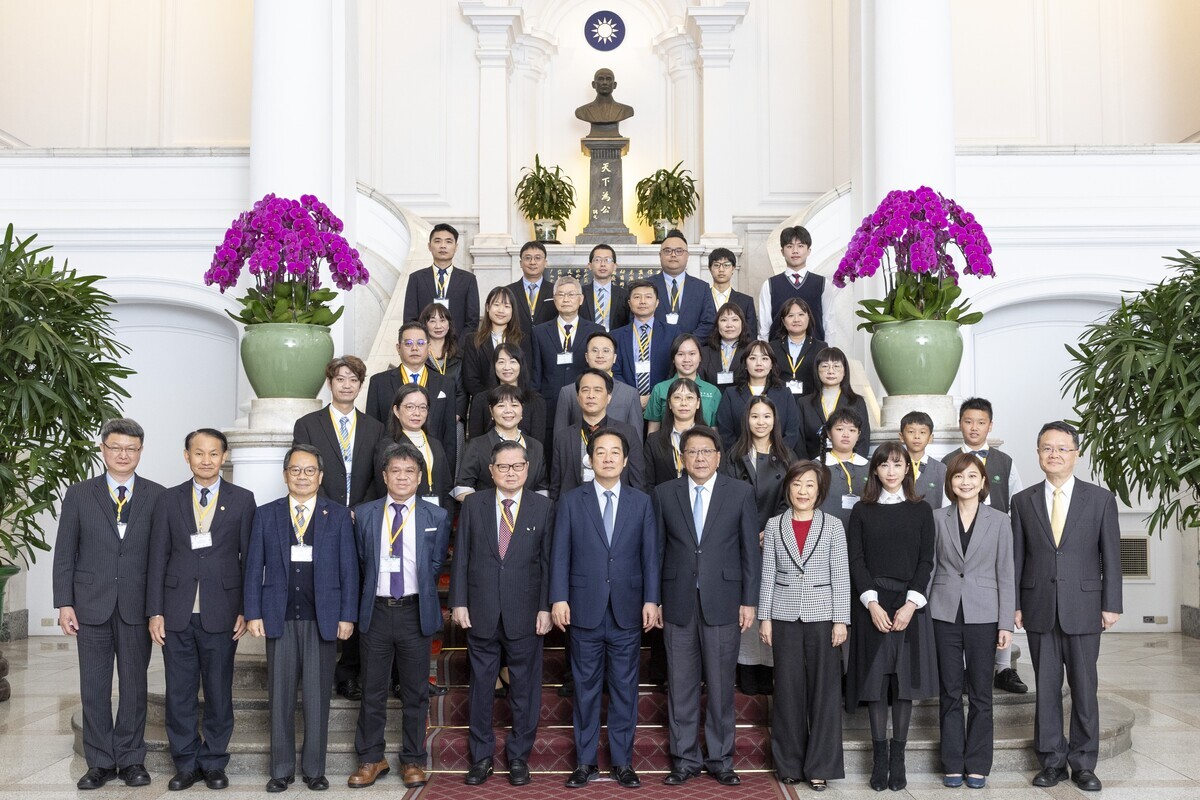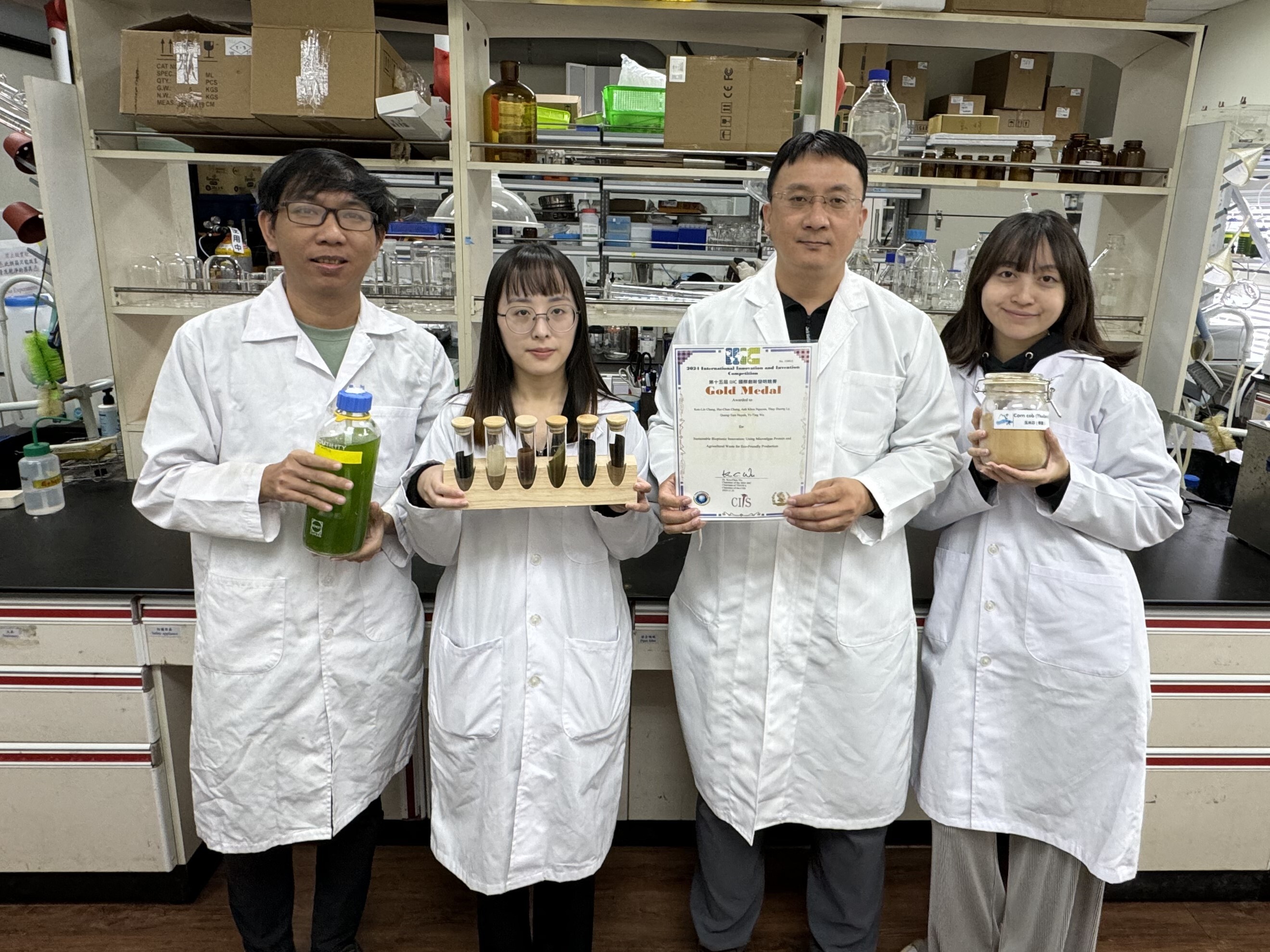Microalgae and Agricultural Waste Transformed into Eco-Friendly Carbon-Reducing Plastics – National Sun Yat-sen University Wins International Invention Gold Award
Agricultural waste can be turned into eco-friendly, carbon-reducing plastics! Professor Geng-Lung Chang from the Institute of Environmental Engineering at National Sun Yat-sen University (NSYSU) has led a research team to develop sustainable bioplastics using marine microalgae and agricultural waste. After optimizing the process, the team achieved efficient protein extraction from microalgae in just eight minutes. By incorporating discarded banana pseudostems, they enhanced the tensile strength and elongation of the resulting bioplastic films, demonstrating excellent application performance. This innovative technology not only promotes a circular economy but also creates new value for agriculture. The achievement won the Gold Medal at the 15th IIIC International Innovation and Invention Competition, while Professor Chang was also honored with the 20th International Outstanding Inventor Award, personally received by President Lai Ching-te.
The 15th IIIC International Innovation and Invention Competition, centered on environmental protection, featured categories such as energy efficiency, carbon reduction, biotechnology, and smart living. The event gathered more than 447 outstanding inventions from 12 countries including Taiwan, Japan, Malaysia, China, Singapore, Thailand, the United States, Russia, Morocco, Peru, Ecuador, and Spain. The 20th International Outstanding Inventor Annual Golden Globe Award required prior recognition at prestigious international invention fairs or competitions, followed by rigorous review. Ultimately, only five inventors worldwide were selected.
Professor Chang emphasized that the Earth is facing a severe plastic pollution crisis, with nearly 38 million tons of plastic waste entering the oceans each year. Sustainable solutions are urgently needed. Compared with conventional plastics, the team’s eco-friendly bioplastics offer significant advantages: lower carbon footprint, renewable raw materials, and biodegradability. Using banana pseudostems not only reduces agricultural waste but also revitalizes rural economies. Meanwhile, marine microalgae have diverse applications spanning pharmaceuticals, bioplastics, cosmetics, food, and animal feed, playing a key role in both ecological balance and industrial innovation. Combining these two resources to produce sustainable bioplastics shows great potential to replace traditional plastics and drive sustainable development.
The study further details the team’s novel method for extracting microalgae proteins as the raw material base for biodegradable plastics. By applying ultrasonic homogenization in a buffer solution of potassium hydroxide, potassium chloride, and glycerol, and optimizing conditions with Response Surface Methodology (RSM), they achieved an extraction efficiency of 73.38% with 86.45% protein purity under optimal conditions (14 mL solution, 8-minute processing time, and pH 10.5). To improve mechanical performance, the team tested various fillers and found that films reinforced with banana pseudostem powder exhibited a tensile strength of 7.08 MPa and an elongation rate of 15.60%, highlighting the value-added potential of agricultural waste.
Thanks to the rapid growth of microalgae and the cost-effectiveness of agricultural waste, the team’s eco-friendly carbon-reducing bioplastics present a highly feasible alternative to conventional plastics, attracting strong interest from both academia and industry.











